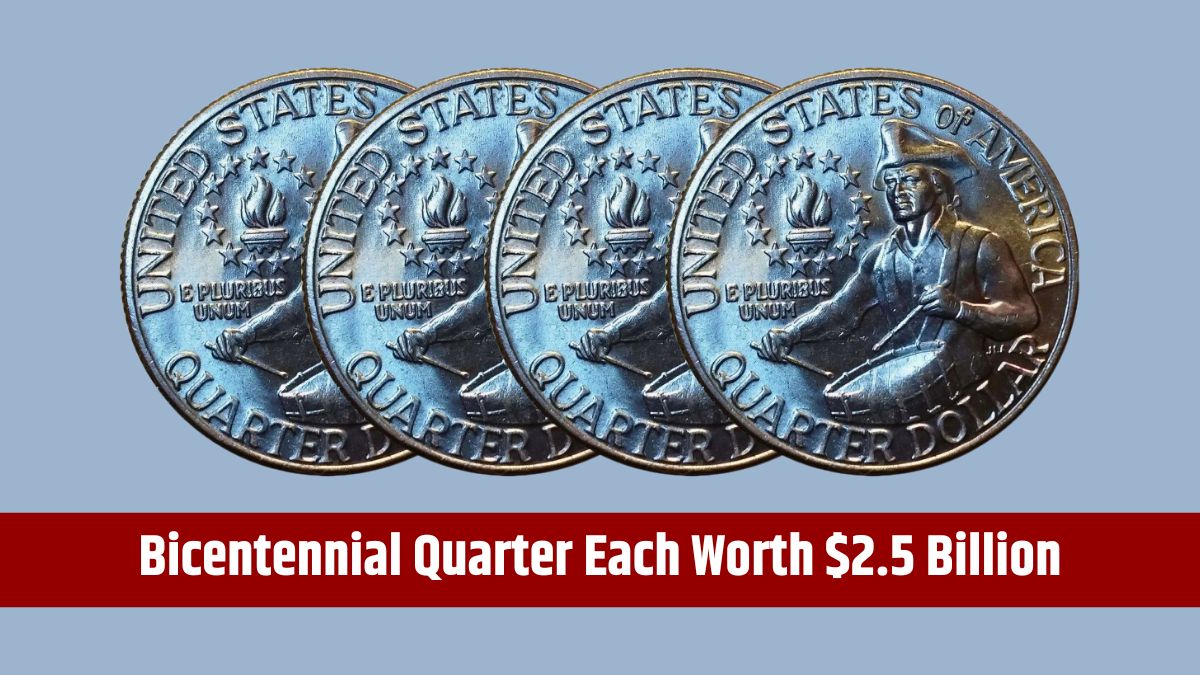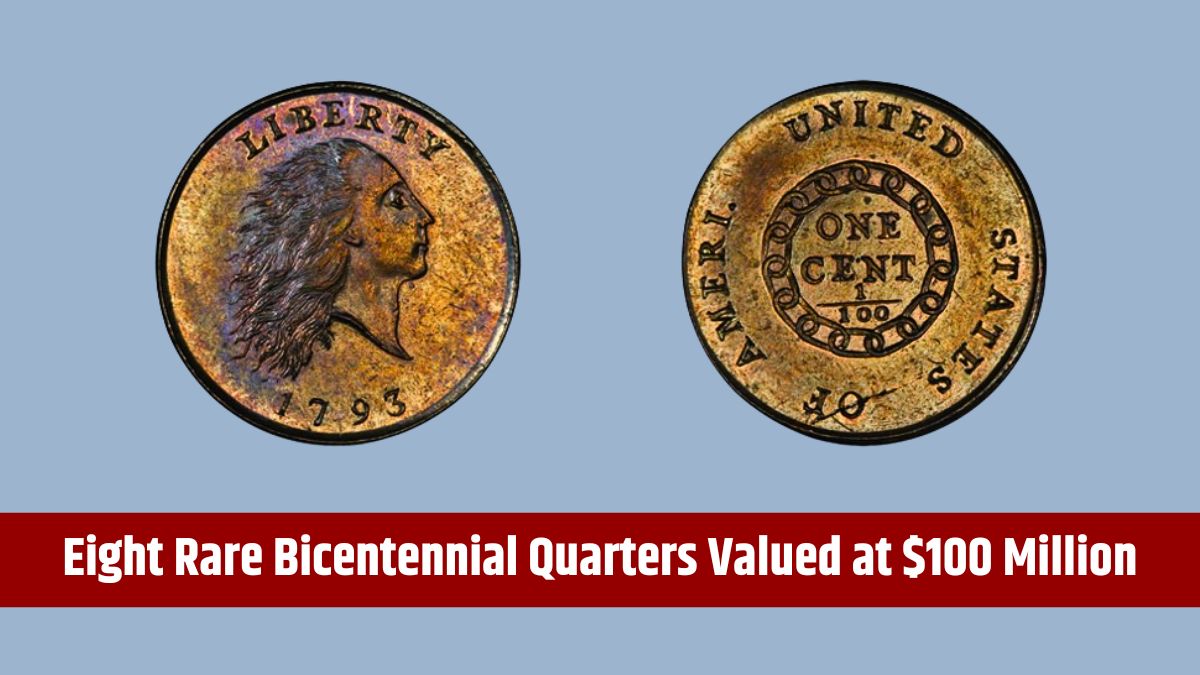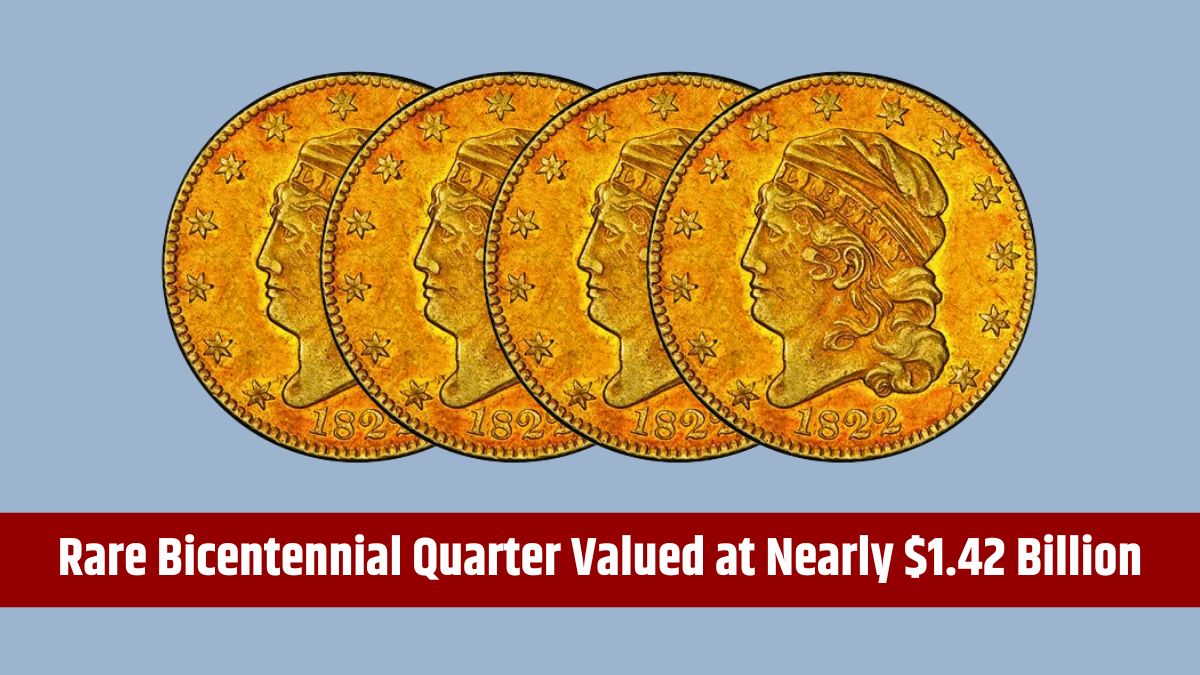Choosing where to retire is a deeply personal decision influenced by various factors, from financial considerations to lifestyle preferences. However, some states objectively offer better conditions for retirement than others.
According to Bankrate’s 2024 study, Alaska is ranked as the worst state for retirees in the United States, marking its third consecutive year at the bottom of the list. The study analyzed all 50 states based on five key categories, each weighted differently to reflect their importance. These categories include affordability, overall well-being, quality and cost of health care, weather, and crime rates.
Why Alaska Ranks Lowest
One of the most significant factors contributing to Alaska’s poor ranking is its harsh weather conditions. Alaska experiences extreme temperatures, particularly in the winter, where it’s not uncommon for temperatures to plummet to minus 10 degrees Fahrenheit. While summer offers milder temperatures, ranging from 45 to 75 degrees Fahrenheit, the long, cold winters can be challenging for retirees, especially those who are sensitive to cold weather or prone to seasonal depression.
Affordability
Affordability is another critical area where Alaska falls short, particularly for retirees living on a fixed income. The cost of living in Alaska is approximately 30% higher than the national average, which can strain retirees’ budgets. Housing costs are about 17% above the national average, while utility and healthcare expenses are nearly 50% higher. The state’s remote location also drives up the cost of groceries and other essentials, making everyday living more expensive compared to other states.
Health Care
Access to quality and affordable healthcare is a crucial consideration for retirees, and Alaska does not fare well in this area. The state’s healthcare system faces challenges due to its remote locations and harsh weather conditions, which can make it difficult for residents to access necessary medical services. The high cost of healthcare further exacerbates the financial burden on retirees.
Limited Accessibility
Alaska’s remoteness also affects the accessibility of basic services and social opportunities. Depending on where you live in the state, access to groceries, medical care, and community activities can be limited. This isolation can lead to a lack of social interaction, which is vital for maintaining mental and emotional well-being in retirement.
Crime
While crime is a smaller factor in Bankrate’s rankings, it’s still noteworthy. Alaska has a higher rate of property crimes and violent crimes per 100,000 people compared to the national average, which could be a concern for those looking for a safe place to retire.
The Silver Lining
Despite its challenges, Alaska has some positives that may appeal to certain retirees. The state is considered tax-friendly, with no income, inheritance, or estate taxes. Additionally, Alaska does not tax pension payments or Social Security retirement benefits. These tax benefits can help retirees stretch their income further, which is particularly useful given the high cost of living.
Comparing Alaska
Alaska is not alone in facing challenges for retirees. Other states with a high cost of living, such as New York, Washington, and California, also rank low in retirement desirability. However, these states offer different advantages that might offset their higher costs, such as more temperate climates, better healthcare options, and greater access to cultural and recreational activities.
Considerations
When deciding where to retire, it’s important to look beyond just financial factors. Social and community activities play a significant role in overall well-being during retirement. Isolation and loneliness can negatively impact health, so it’s essential to find a place where you can stay connected and engaged. Retirement expert Kerry Hannon emphasizes the importance of having a sense of community, stating that “Having that sense of community and human connection is huge for healthy aging.”
Planning
Given the financial challenges associated with certain states, careful planning is crucial. Tools like CNBC Make It’s Retirement Calculator can help estimate how much you need to save based on your current age, income, savings, and desired retirement age. This can assist in ensuring that you have enough funds to support your retirement in the location of your choice.
While Alaska offers unique natural beauty and tax benefits, its extreme weather, high cost of living, and limited accessibility make it a challenging place to retire. Retirees should weigh these factors carefully and consider other states that might offer a more balanced lifestyle. Ultimately, finding the right place to retire involves balancing financial considerations with personal preferences for climate, healthcare, and community engagement.
FAQs
Why is Alaska considered the worst state to retire in?
Alaska ranks poorly due to its extreme weather, high cost of living, and limited access to healthcare and services.
What is the biggest financial challenge of retiring in Alaska?
The high cost of living, particularly in housing, utilities, and healthcare, is the biggest financial challenge.
Are there any tax benefits to retiring in Alaska?
Yes, Alaska does not impose income, inheritance, or estate taxes, and it does not tax pension payments or Social Security benefits.
How does Alaska’s healthcare system affect retirees?
Alaska’s remote locations and harsh weather conditions make access to quality healthcare challenging and expensive.
What should retirees consider beyond finances when choosing where to retire?
Retirees should consider access to social and community activities, which are important for maintaining mental and emotional well-being.
















